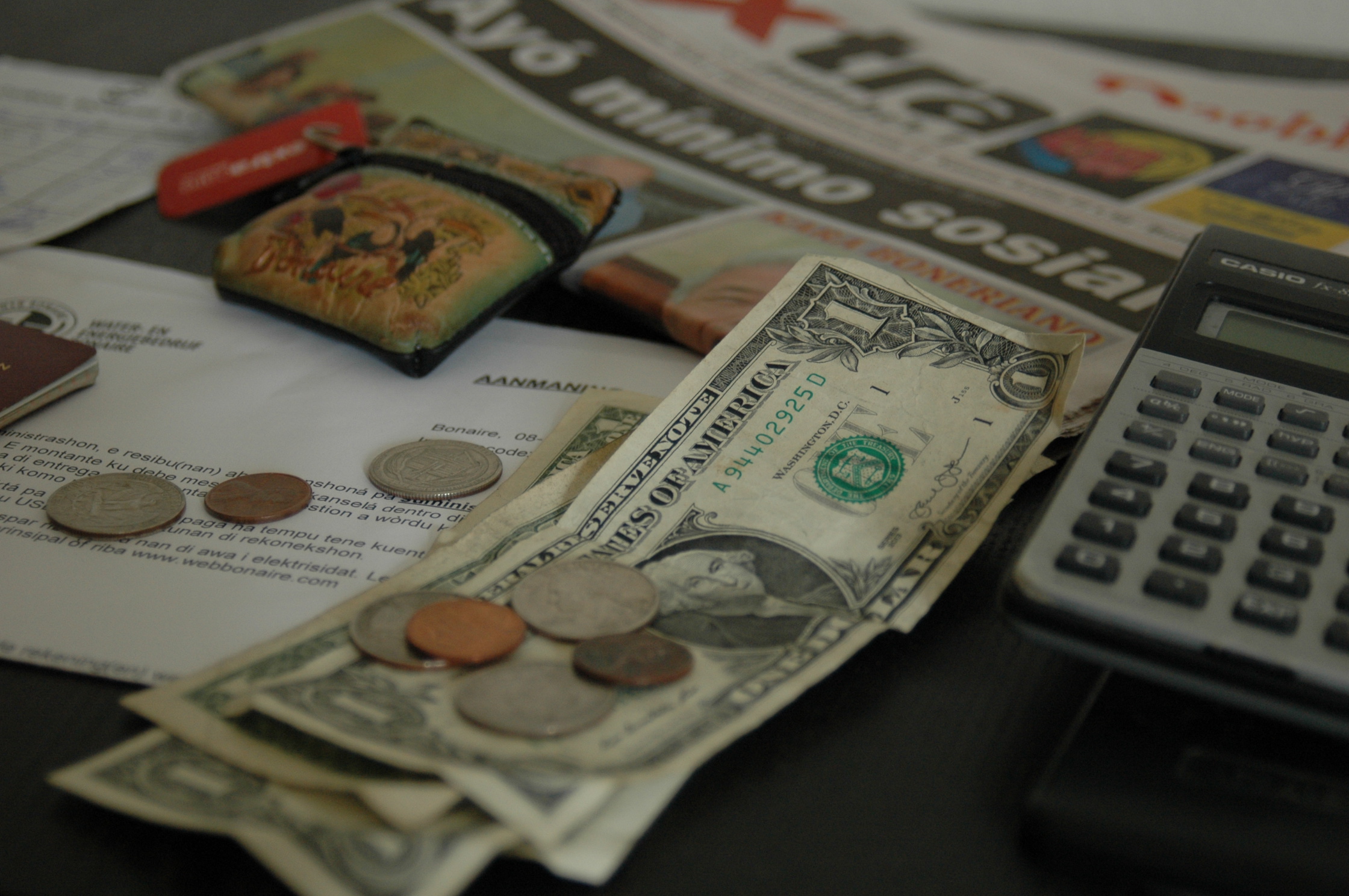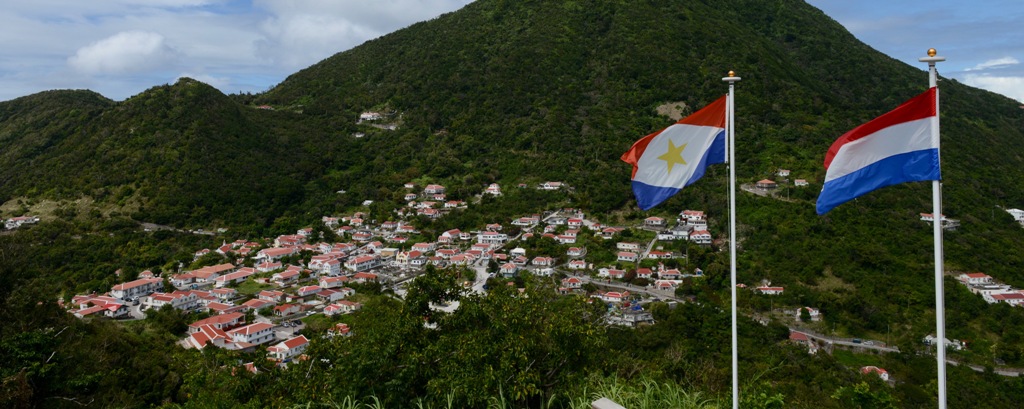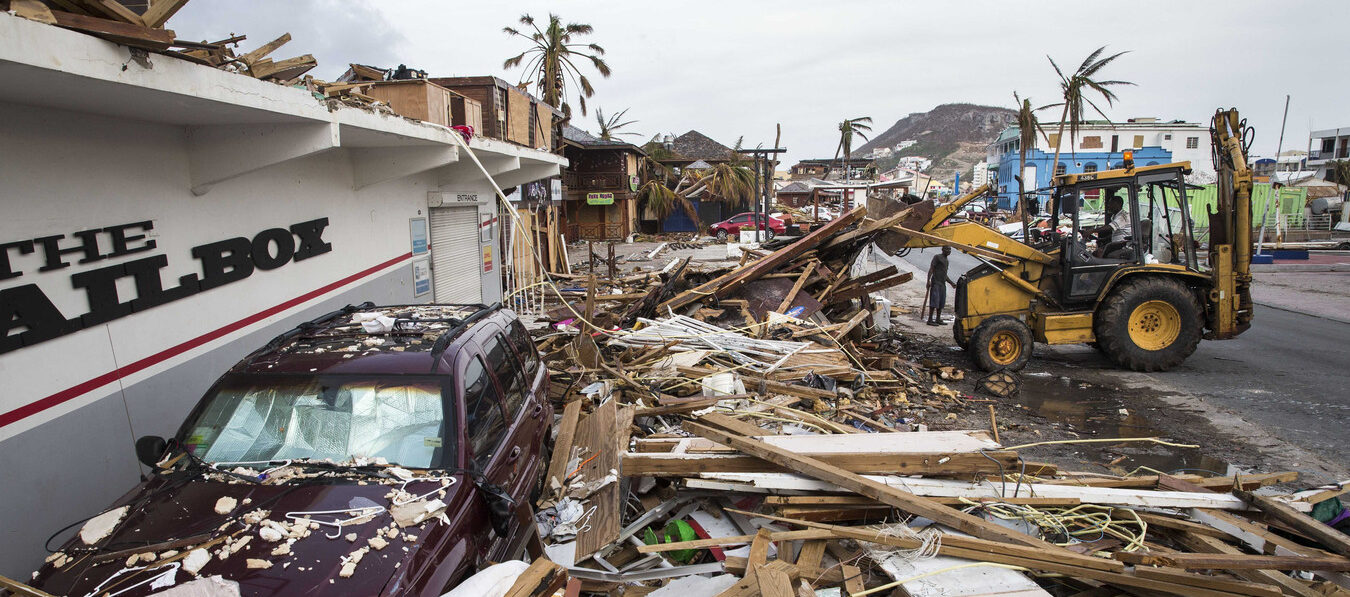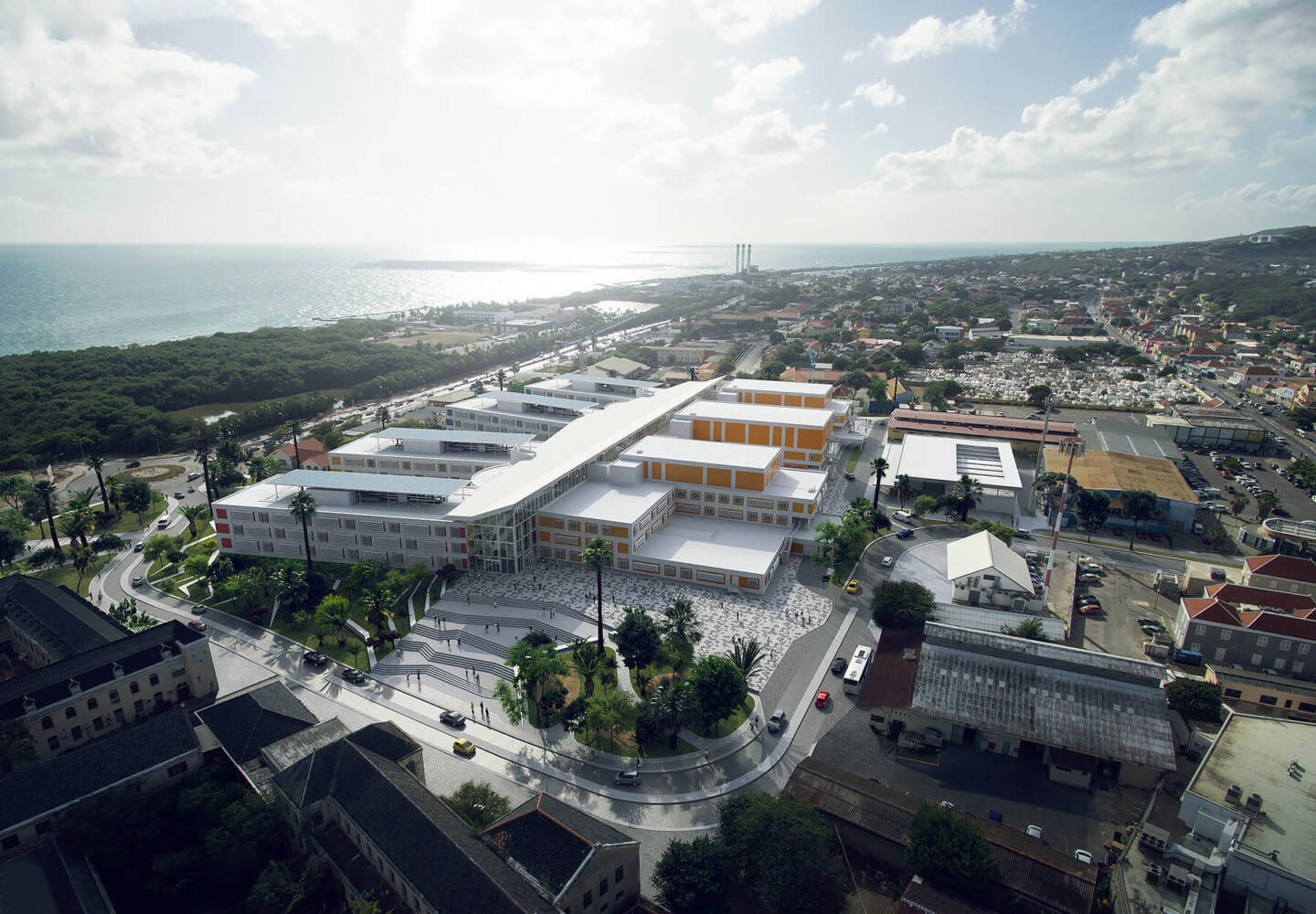AMSTERDAM – “Dutch media only pay attention to the islands when there’s a disaster or some sort of corruption going on but they should also cover developments and inequalities on our islands.” This was one of the common complaints presented during the journalistic event organized by Caribbean Network last week.
To commemorate its fifth anniversary, Caribbean Network engaged representatives from the largest news media outlets from the Public Broadcasting Service and the audience in a conversation. The main questions were: how is Caribbean news portrayed in the Dutch media? And how should it be portrayed?
The media panel consisted of Lorenzo Fränkel (editor Nieuwsuur), Dick Jansen (Head of the NOS International Desk), and René van Brakel (Editor-in-chief EenVandaag).
Story continues after the video
A fragment from the panel discussion [English subtitles available]
Lorenzo Fränkel (Nieuwsuur) has his roots on Aruba and Sint Maarten. And he recognizes the dissatisfaction expressed by the Caribbean community about the Dutch media. “It presents itself mostly as distrust”, he says. “It is truly the ‘default mode’ of the Dutch when it comes to the islands: negative reports. One example is how the Dutch media started the hurricane Irma coverage with the looting that occurred immediately after the hurricane.”
Fränkel sees his roots as an advantage on the editorial floor: “I have a different view on events that occur on the islands and can inform my colleagues about it. I also understand the behaviors and communication patterns on the islands. My colleagues without a Caribbean background can’t do that.”
According to the director of Media and Creative Industries at the Ministry of Education, Culture and Science (OCW), Afke van Rijn, this should be one of the reasons that other Dutch media outlets should work more closely with the Caribbean Network.
| Caribbean Network
Caribbean Network was founded in 2012 as an offshoot of the Public Broadcasting Service. In conjunction with local reporters on the islands and in the Netherlands, the network reports on current events and publishes editorials from deep within the Caribbean community both on the islands and in the Netherlands. The online network is financed directly by the Ministry of Education, Culture and Science (OCW). For 2019, more than three hundred thousand euros have been made available for reporting on all the six of the islands, in The Hague, and the Caribbean Community in the Netherlands. |
‘International’
The islands are part of the same Kingdom and share the same passport as the Netherlands and yet they all fall under the international desk of the major news outlets of the Public Broadcasting Service. According to Dick Jansen from the NOS, this has ‘a purely administrative reason’ and does not influence the amount of attention that is paid to them.
“The islands are for sure a part of our Kingdom but that isn’t necessarily a reason to pay more attention to them”, adds editor-in-chief René van Brakel (EenVandaag). “We don’t pay extra attention to Tiel, or the municipality of Sittard either.”
Indignation from the audience
The audience members note that events unfolding in the Caribbean municipalities such as not establishing the social minimum, would make national headlines if they were to happen in Tiel or Sittard.
Antje Diertens, a member of the House of Representatives for D66 tasked with Kingdom Relations is also in the audience and adds that ‘she understands the sentiment of the audience’. “I’m from Groningen myself, and we had to fight for years to be noticed by the national media.”
Brakel does see an opportunity to generate more interest for the Caribbean community on the islands and in the Netherlands: “join the EenVandaag opinion poll and make your voice heard, that’s how you generate more buzz.”








